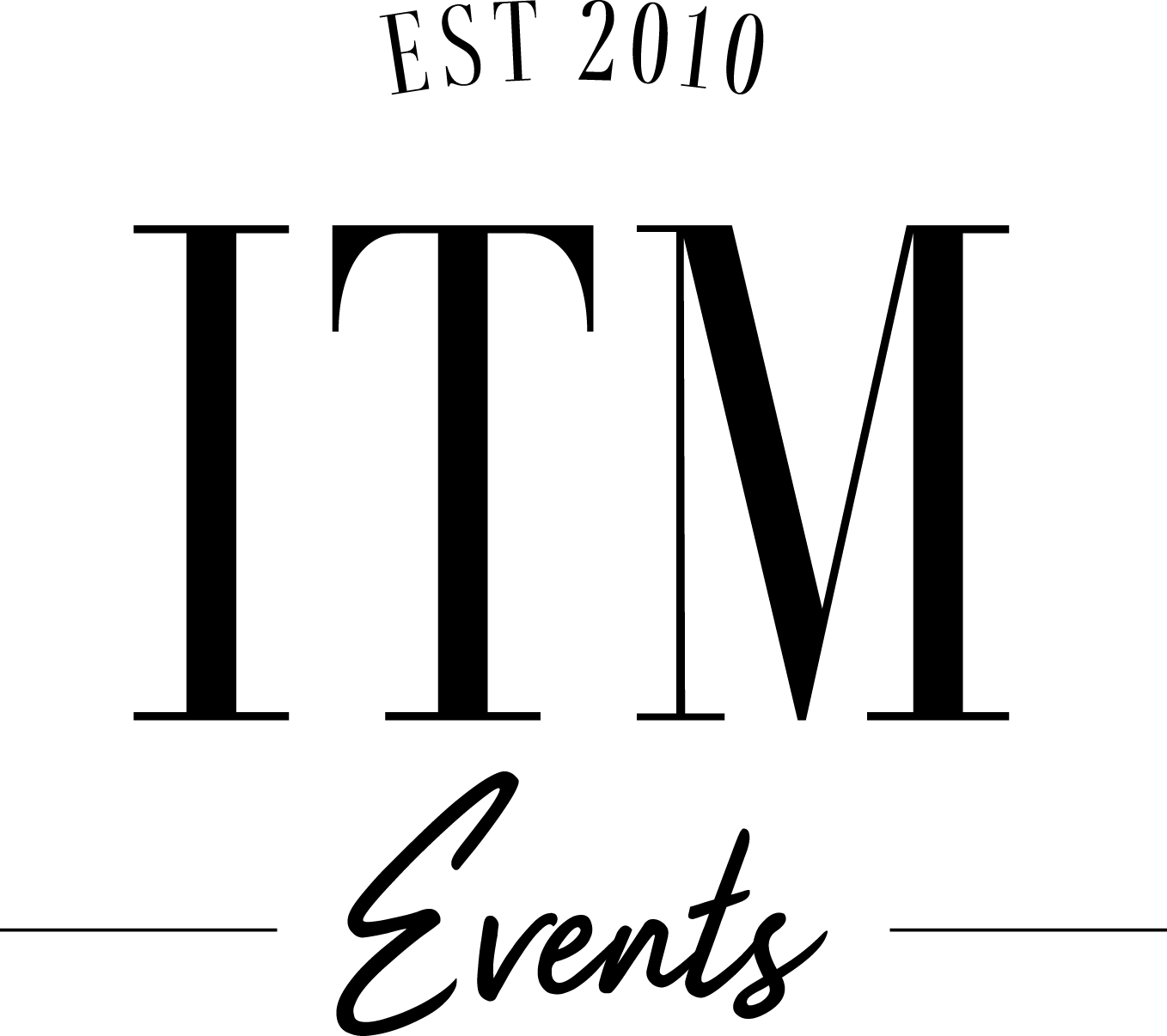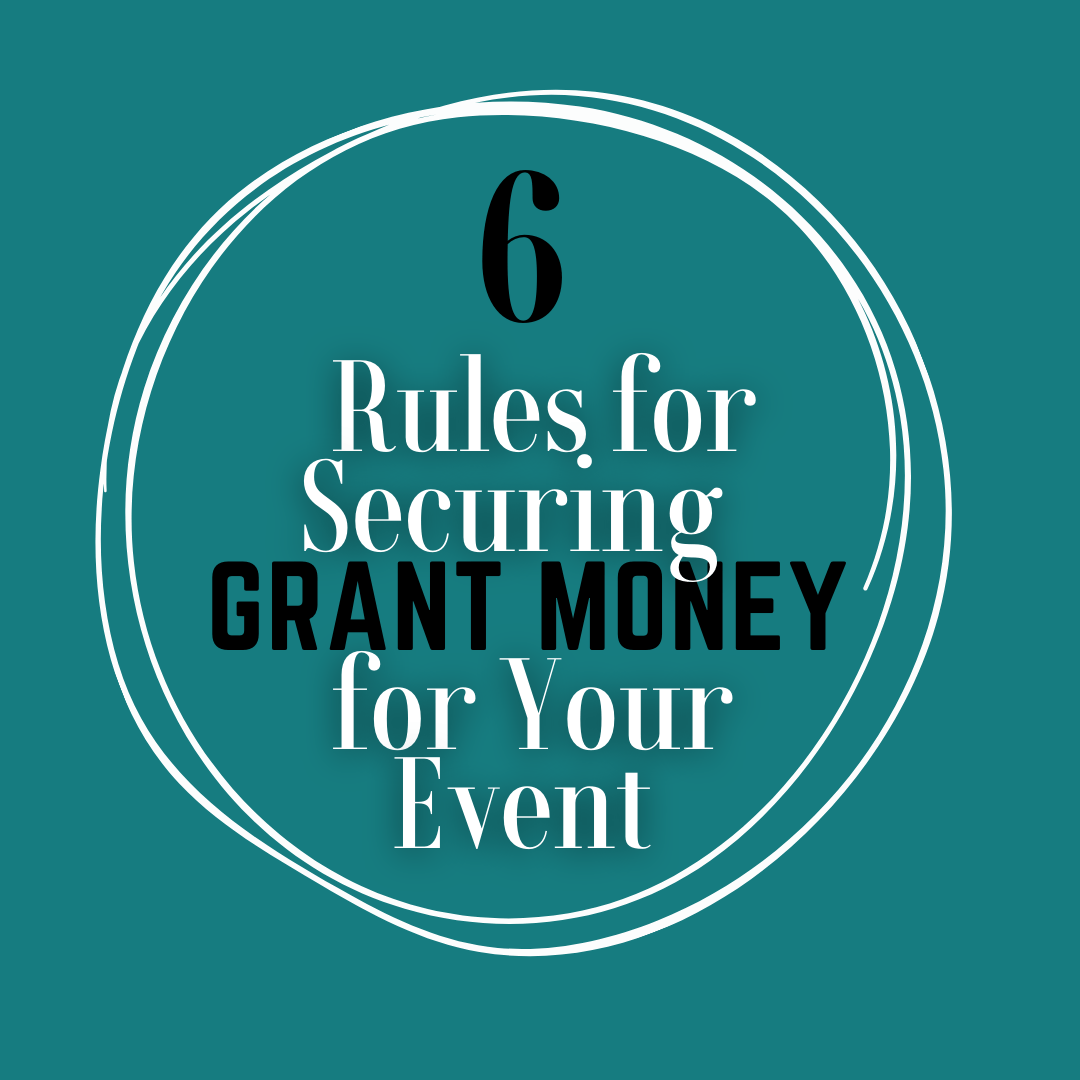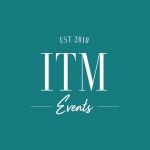Grants are a great way to help support your events and organization financially. A grant is described by Wikipedia as;
Your proposal has to stand out and meet all the requirements.
6 Rules for Securing Grant Money for Your Event
#1 Get clear on what we’re asking for
Being able to clearly define and describe the use for the money is key to a successful grant proposal. If the assessors can’t visualize what the money is going to be used for they won’t approve the proposal.
#4 Get passionate about the project
Proposals are hard to write and it is easy to lose the excitement when answering what feels like the same question a third time. It is key that the passion for the ask is carried through every part of the proposal. The assessor should read the proposal and feel the excitement and energy that will be felt at the event if you are able to include the element you are asking for.
#2 Make sure the ask aligns with the purpose of the grant
Grants are usually issued by governments, organizations or companies in order to fulfill a specific mandate they have. For example, Canadian Heritage “supports the preservation of artistic, historic and scientific heritage” and may give out grants to festivals that are going to feature any of those aspects – art, history or scientific heritage.
If your festival is a food truck festival then this type of grant would likely not be the best fit because you are missing out on the art, history and scientific heritage components. You can of course apply and hope for the best with some creative writing but because grant proposals can take so much time, effort and money to write why waste your time on a grant that is not the right fit.
#5 The assessor should never have to guess what we’re talking about
One of the biggest mistakes that is made when responding to a proposal is when the writer assumes the assessors know or understand what is being talked about. Proposals that are successful tell the assessor everything they need to know, in great detail. They leave no room for questioning the intent.
Where I think many people lose is that when questions are similar – or seem similar – they assume that the assessor will put two and two together or remember what was said 4 questions back. Successful proposals provide the same answer over and over again, as many times as is necessary.
#3 Follow the instructions
This may sound like a silly thing to be said but so many grants get screened out because the instructions were not followed. You don’t want to give the proposal reviewers any reason to screen you out. When you are competing against hundreds of other proposals you don’t want to get screened out because you didn’t put the right subject line in the email or you didn’t use the right chart for the budget.
Read the instructions before you start writing. Reread the instructions while you are writing each section. Then read them again when you are finished writing.
#6 The written ask and the money ask have to match
Line for line, the budget has to match the written ask. You have to do your homework and know your numbers. The assessors will know if you are trying to pull a fast one and ask for more than what is needed. They will also be concerned if your ask is too low. They don’t want provide too little because they know you won’t be able to finish the project without the right amount of money.
There are limited funds available for grants. And every grant has multiple events and organizations applying for access to the same money. Your proposal has to stand out in a big way to win out against the competition.
We’ve written grants for festival programming, staffing positions, buying new equipment and more. And by following those 6 rules we’ve been able to secure $200,000 in grant money for our clients.
Make sure you get very clear on what you want, how it will benefit your event or organization and show the grant providers how the money they invest in you will be money well spent.








